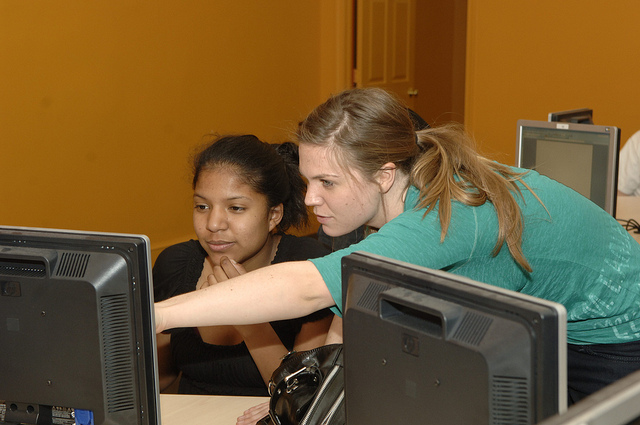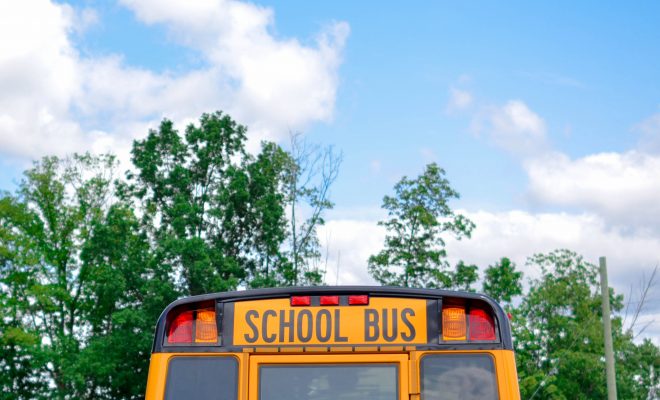“Justice for All”: How We Fall Short of This American Ideal in Our Schools and Society

In the US, the concepts of equality and justice are intertwined. The idea of “justice for all” has existed since America’s early days, but the truth is that the application of this idea has been far from perfect to this very day. Let’s take a quick look at our historical lapses in carrying out the idea, and how those affect us today.
De jure and de facto segregation. De jure segregation, or legalized segregation of Black and White people, was present in almost every aspect of life in the South during the Jim Crow era: from public transportation to cemeteries, from prisons to health care, from residences to libraries. Under segregation, Black and White people were to be separated, purportedly to minimize violence. De jure segregation, or “Jim Crow,” lasted from the 1880s to 1964. Jim Crow laws were efficient in perpetuating the idea of “White superiority” and “Black inferiority.”
De facto segregation is the direct manifestation of de jure segregation, because the U.S. government could mandate that laws that segregated the races were unconstitutional, but it couldn’t change the hearts and minds of its people. If people didn’t want to be in the presence of another ethnicity or race, they could certainly make this a reality. So, de jure segregation was implemented by law; de facto segregation, by common understanding and personal choice. After the passage of the Civil Rights Act of 1964, many White citizens simply moved to the suburbs to avoid mixing with Black citizens. This “White flight” led to the creation of “chocolate cities” and “vanilla suburbs,” which are still prevalent today.
In relation to education, the legal segregation of the races in Southern schools was deemed unconstitutional by the Supreme Court’s decision in Brown v. Board of Education (1954). In the United States today, however, Black and Hispanic students tend to be concentrated in schools where they make up almost the entire student body. Also, the percentage of Black students in majority White schools has decreased to a level lower than in any year since 1968.
De facto segregation is a huge problem in the United States as it allows bigotry and discrimination to occur more easily. What happens as a result? Many schools in mostly Black neighborhoods find themselves unequally funded and seriously neglected.
Persistent stratification. The disparities between rights of certain ethnic groups in American culture can easily be identified by the disparity in the number of individuals incarcerated in the nation’s prison systems. African American men are arrested and imprisoned at disproportionately higher rates. Reports indicate that even when similar crimes were committed by White and African American men, the penalty was more severe for the latter. As a result of this socioeconomic stratification, a privileged class exists, with some Americans receiving benefits unavailable to others. For example, data from the U.S. Department of Labor reported higher unemployment rates for African Americans and Hispanics across all major age and gender groups in 2009.
The number of children from ethnic minority groups living in poverty continues to increase as well. In 2006, approximately 13 million children were living in poverty. The number of Hispanic children living in poverty has increased by 23% since 2000, and the number of African American children living in poverty increased by 8.4%. A 2006 study showed that social status had a significant influence on mortality rates, as well as “chronic diseases and injuries with well-established risk factors such as alcohol use, tobacco smoking, obesity, elevated blood pressure, cholesterol, and glucose.”
We need to be aware of history so that we can understand certain attitudes and problems that exist today, and hopefully repair them as we continue to strive for the ideal of “justice for all.”





